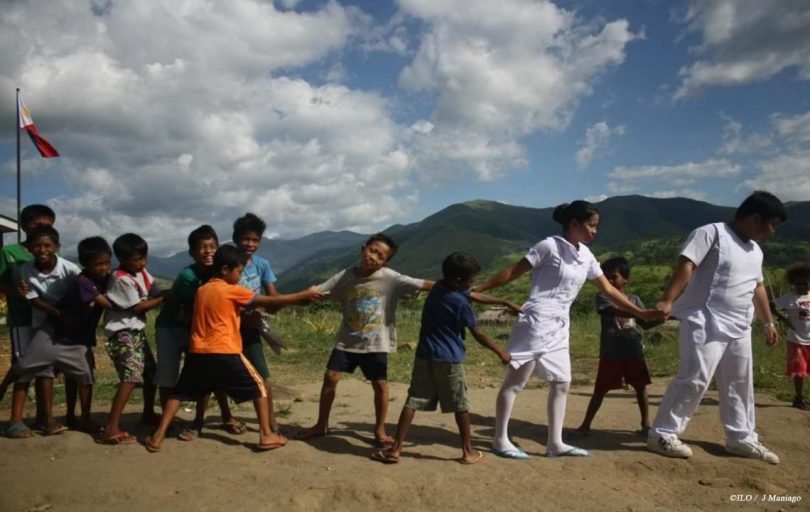Register here to receive a link to the webinar.
In this webinar, Dr Caroline Theoharides presents new research on the so-called brain drain for health workers using rich administrative data.
In this new paper joint with Dr Paolo Abarcar, she exploits changes in U.S. visa policies for nurses to measure brain drain versus gain. Combining data on all migrant departures and postsecondary institutions in the Philippines, they show that nursing enrollment and graduation increased substantially in response to greater U.S. demand for nurses. The supply of nursing programs expanded to accommodate this increase. Nurse quality, measured by licensure exam pass rates, declined. Despite this, for each nurse migrant, 10 additional nurses were licensed. New nurses switched from other degree types, but graduated at higher rates than they would have otherwise, thus increasing the human capital stock in the Philippines.
Speaker
Dr Caroline Theoharides is an Assistant Professor of Economics at Amherst College. Her work centres on labour migration from developing countries to richer countries and the role of human capital investment, specifically investment in education, on labour market outcomes. Dr Theoharides holds a PhD in Economics from the University of Michigan.
Read the full paper here.
This webinar is free and open to the public. It will be recorded, and the recording will be made available after the event through the Development Policy Centre website.


Leave a Comment